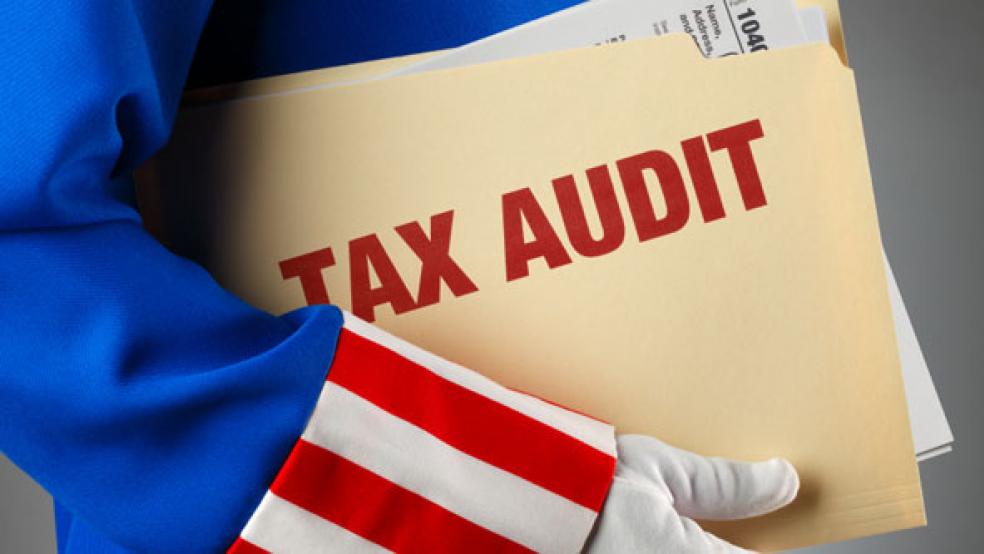Democratic Reps. Ro Khanna of California and Peter DeFazio of Oregon each introduced bills on Thursday aimed at boosting tax enforcement on the wealthy and shrinking the “tax gap,” the amount of taxes owed that goes uncollected each year.
In conjunction with the unveiling of the legislation, nearly 90 labor groups, left-leaning think tanks and other organizations published an open letter Thursday calling on the Biden administration and Congress to beef up the Internal Revenue Service’s enforcement capabilities with the aim of reducing tax avoidance by the wealthy and corporations.
The letter from 88 groups was organized by the Center for American Progress, Public Citizen and Americans for Tax Fairness. It was signed by the AFL-CIO and other unions and by think tanks including the Economic Policy Institute and the Institute on Taxation and Economic Policy.
The groups behind the letter point to a recent analysis that found that the 2019 gap, was $574 billion. “Yet the IRS’s enforcement budget has been reduced by about a third (in real dollars) over the last decade,” the letter says, “with enforcement weakened most dramatically for high-income taxpayers and large corporations—to the point where low-income workers claiming the Earned Income Tax Credit are audited at about the same rates as the top one percent.”
The letter argues that the IRS needs "substantial increases in funding for enforcement and technology” provided over a number of years so that the agency can appropriately staff up, including hiring auditors who can handle complex tax returns of wealthy individuals, passthroughs and corporations. It points to various estimates, including from the Congressional Budget Office and the Treasury Department, that have indicated that the additional IRS enforcement funding would more than pay for itself.
The groups also say that the IRS must address racial imbalances in its audit practices, noting recent reports that showed that audits are most heavily concentrated in many low-income counties in the Deep South, where tax filers, disproportionately people of color, claim the Earned Income Tax Credit. “Correcting these imbalances would be an important part of the effort to address systemic racial bias in our tax system and economy,” the groups say in their letter.
Both DeFazio’s bill, the IRS Enhancement and Tax Gap Reduction Act, and Khanna’s bill, with a catchier title — the Stop Corporations and Higher Earners from Avoiding Taxes and Enforce Rules Strictly (or Stop CHEATERS) Act — would mandate minimum audit levels for high-earning individuals and corporations and boost IRS funding, with some differences in the details. Khanna, for example, would provide an additional $100 billion in IRS funding over 10 years, including $70 billion for enforcement, $20 billion for taxpayer services and $10 billion for technology upgrades and operations support.
Khanna says his bill would raise an estimated $1.2 trillion in revenue over 10 years.





